Are lab-made diamonds ethical?
May 27, 2024
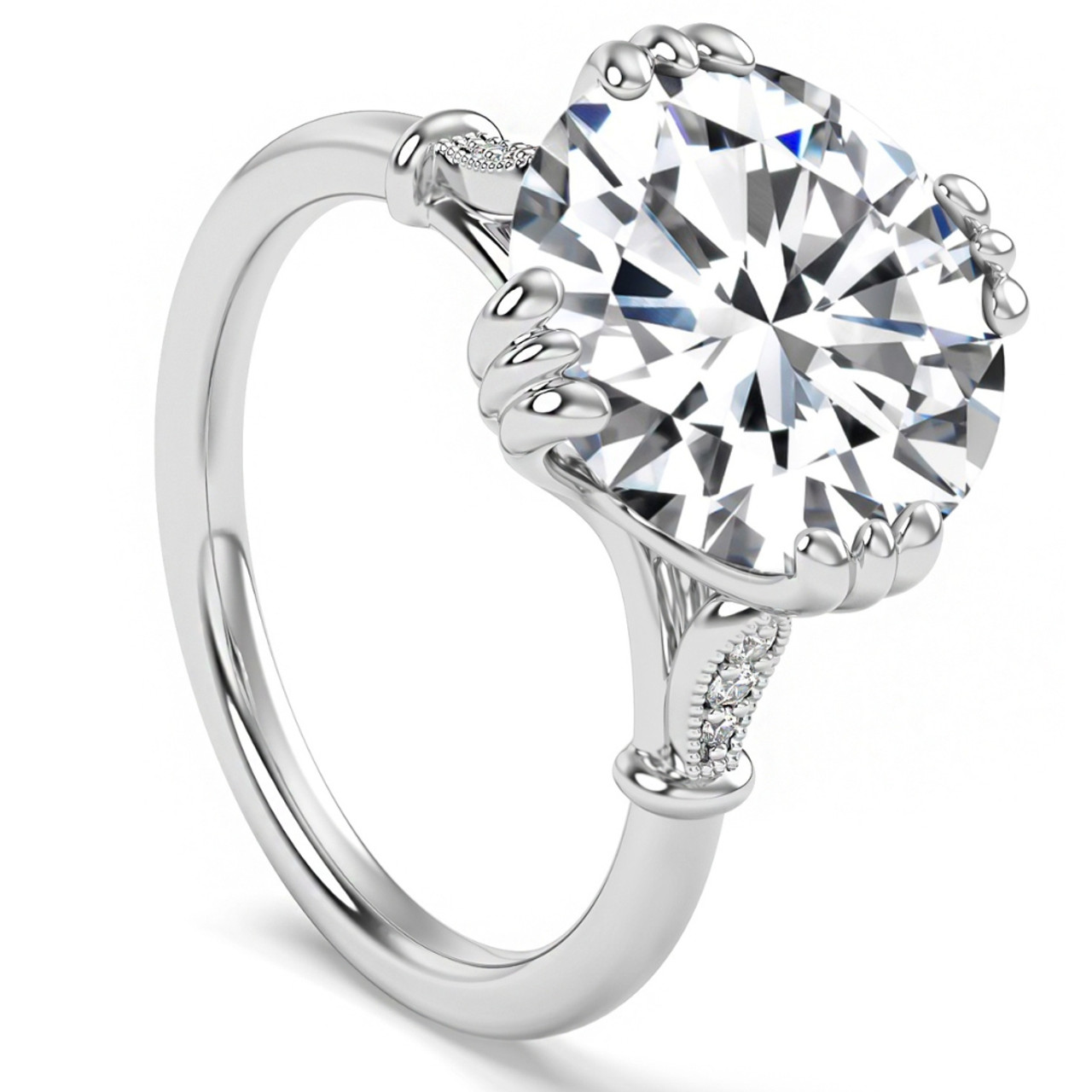
Diamonds have long enchanted hearts with their breathtaking brilliance and timeless beauty, delighting audiences of all generations with timeless engagement rings to sparkling statement necklaces that symbolize love, commitment, and luxury. Now comes lab-grown diamonds; often touted as more ethical alternatives that offer appealing options to consumers with ethics at the forefront. But, Are lab-made diamonds ethical?
Let us examine their environmental and social impacts so we can all make informed choices when purchasing stunning items like Pompeii3 diamond cross necklaces!
Laboratory Grown Diamonds Shine Bright Green
One of the primary advantages of lab-grown diamonds compared to their mined counterparts is their reduced environmental impact. Mining for diamonds can often involve destructive processes that deplete land resources and cause habitat destruction while expending enormous energy supplies; by contrast, lab-grown diamonds are grown under controlled environments which limit environmental concerns while leaving smaller carbon footprints than mined alternatives making lab-grown options an environmentally conscious shopper's ideal option.
Energy Sector Not As Bright
Although lab-grown diamonds shine brighter on the environmental front than their conventional counterparts, there remains room for improvement. Production requires considerable amounts of energy. While certain companies commit to using renewable sources like wind or solar power instead, fossil fuel dependence in some regions could potentially negate any environmental gains made.
With consideration of these factors in mind, you can make an informed decision that aligns with your values and preferences. Check out Pompeii3's stunning diamond cross necklaces for beautiful yet ethical additions to your jewelry collection.
Beyond Sparkle: Social Impact Is Sure To Inspire
Socially, lab-grown diamonds present another layer of complexity. On one side, lab-grown diamonds eliminate conflict diamonds mined in war zones to fund violence; additionally, their affordability could broaden access to diamond jewelry pieces like an eye-catching cross necklace from Pompeii3 or matching wedding bands from this store for wider ranges of consumers.
Ethical Labor Practices for an Improved Working Experience
However, their social effects don't stop there: with lab-grown diamonds' rise could come job displacement in traditional mining communities, and ethical labor practices in this industry are essential; consumers should look out for companies committed to fair wages and safe working conditions for their employees.
Transparency Is Key
Selecting an ethical diamond, either mined or lab-grown, requires transparency. Understanding which energy sources were utilized during production and seeking out companies who prioritize responsible sourcing practices can give you peace of mind that your diamond meets ethical and environmental criteria. Certification from trusted organizations also provides peace of mind regarding its ethical credentials.
The Final Facet: A Choice with Many Cuts
Diamond ethics can be complex. Both mined and lab-grown diamonds present different considerations; ultimately, choosing what's ethical depends on individual values; by considering environmental and social impact assessments as well as factors like transparency and certification you can make an informed decision that aligns with your principles.
So when shopping for diamond pieces such as an elegant 14k Italian Gold Chain from Pompeii3 or two matching wedding bands from them, be mindful that sparkle goes beyond mere aesthetics - educate yourself, ask questions, and select one that embodies both your values and personal aesthetic!
 -
-  -
- 
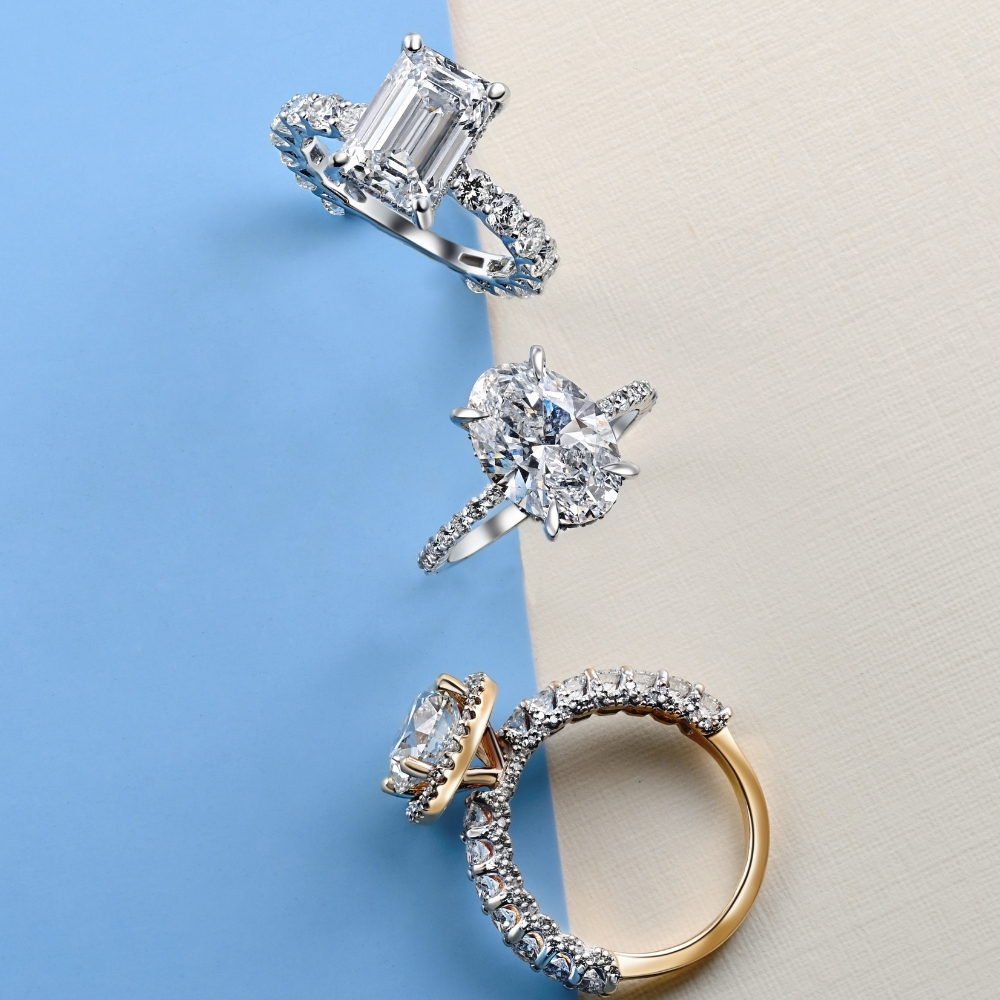 Engagement Rings
Engagement Rings
 Tungsten
Tungsten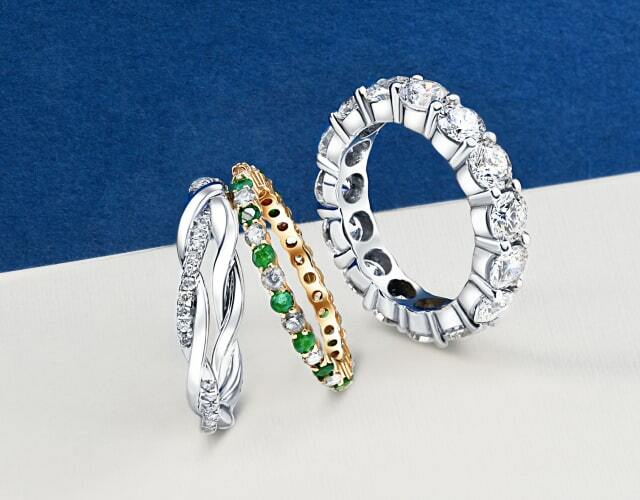 Wedding Rings
Wedding Rings
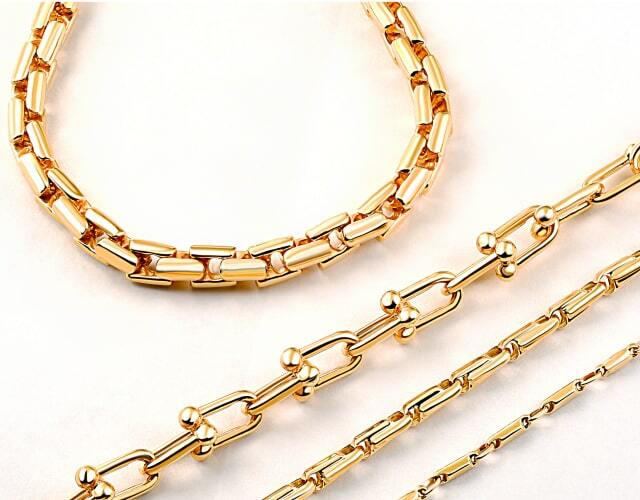 Fine Jewelry
Fine Jewelry
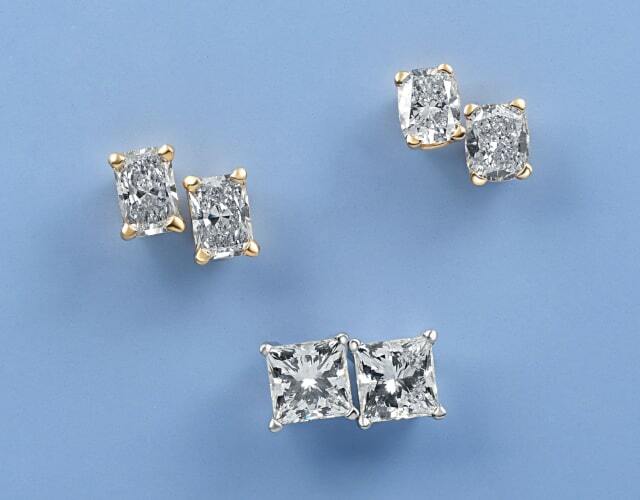 Diamond Studs
Diamond Studs
 Up To 80% Off
Up To 80% Off
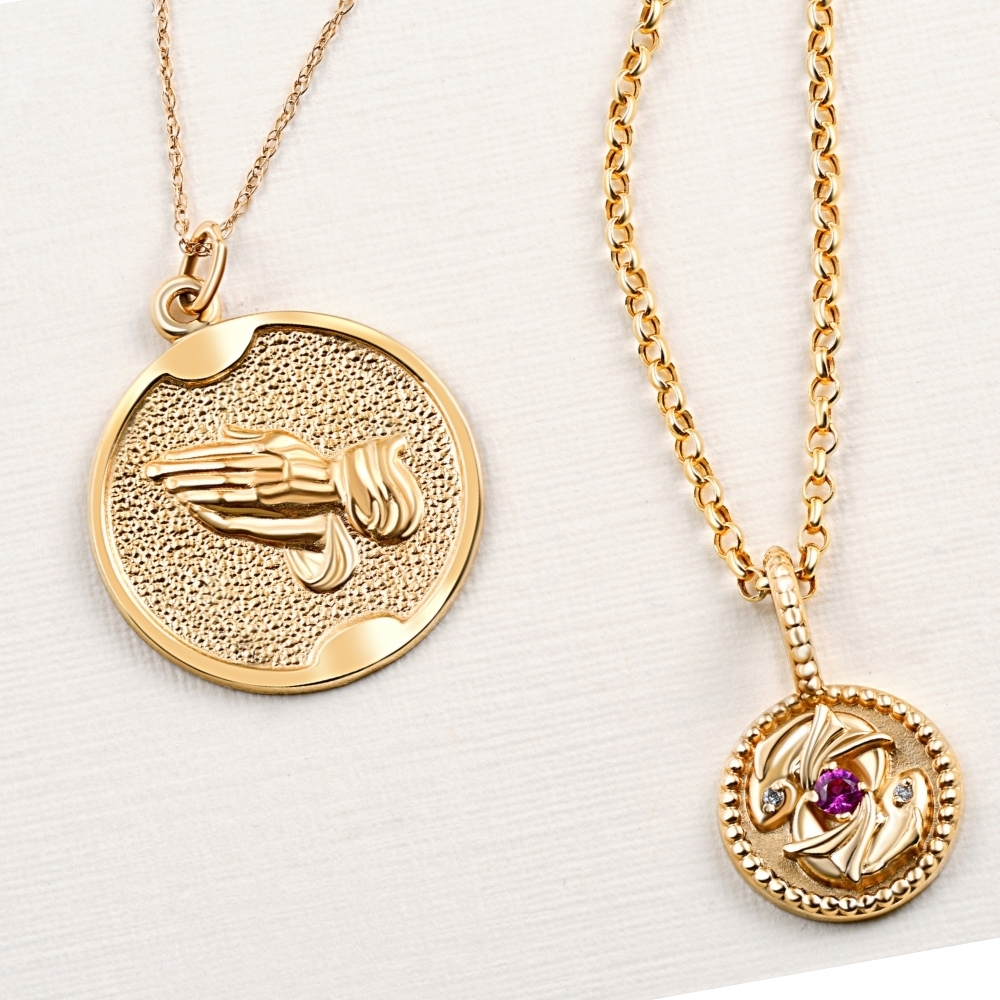 Find The Perfect Gift
Find The Perfect Gift
 White Gold
White Gold
